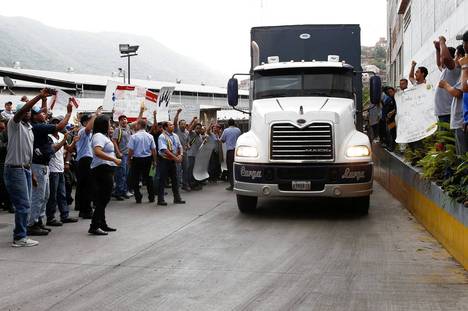(p. A19) Most colleges can’t keep their doors open without an accreditor’s seal of approval, which is needed to get students access to federal loans and grants. But accreditors hardly ever kick out the worst-performing colleges and lack uniform standards for assessing graduation rates and loan defaults.
Those problems are blamed by critics for deepening the student-debt crisis as college costs soared during the past decade. Last year alone, the U.S. government sent $16 billion in aid to students at four-year colleges that graduated less than one-third of their students within six years, according to an analysis by The Wall Street Journal of the latest available federal data.
. . .
(p. A12) Accreditors say their job is to help colleges get better rather than to weed out laggards. Colleges pay for the inspections, which can cost more than $1 million at large institutions.
“You’re not there to remove an institution,” says Judith Eaton, president of the Council for Higher Education Accreditation, a trade group. “You’re there to enhance the operation.”
The government has relied on accreditors as watchdogs since the 1950s. Colleges are evaluated by teams of volunteers from similar institutions, who follow standards set by the accreditation group. For example, colleges sometimes are required to collect student-retention data but given the freedom to set their own goals for those numbers.
. . .
Stephen Roderick, former provost at Fort Lewis College in Colorado, says he now has misgivings about his 2013 review of Glenville State College in West Virginia for the Higher Learning Commission. The review team wrote that the college had a “responsible program” to minimize default rates and “demonstrates a commitment” to evaluating graduation data.
Glenville’s graduation rate is 30%, while about 22% of students defaulted on loans from 2011 to 2013. Both percentages rank near the bottom 10% of accredited four-year colleges. David Millard, assistant to Glenville’s president, says the figures reflect the opportunity offered by the college to students in one of the poorest parts of the U.S.
Mr. Roderick says accreditors are inclined to see the best in colleges like Glenville, but that might not be the best for students. “Sometimes I feel that we’re doing more harm than good,” he says.
For the full story, see:
ANDREA FULLER and DOUGLAS BELKIN. “Education Watchdogs Rarely Bite; Accreditors keep hundreds of schools with low graduation rates or high loan defaults alive.” The Wall Street Journal (Thurs., June 18, 2015): A1 & A12.
(Note: ellipses added.)
(Note: the online version of the article was dated June 17, 2015, and had the title “The Watchdogs of College Education Rarely Bite; Accreditors keep hundreds of schools with low graduation rates or high loan defaults alive.”)


